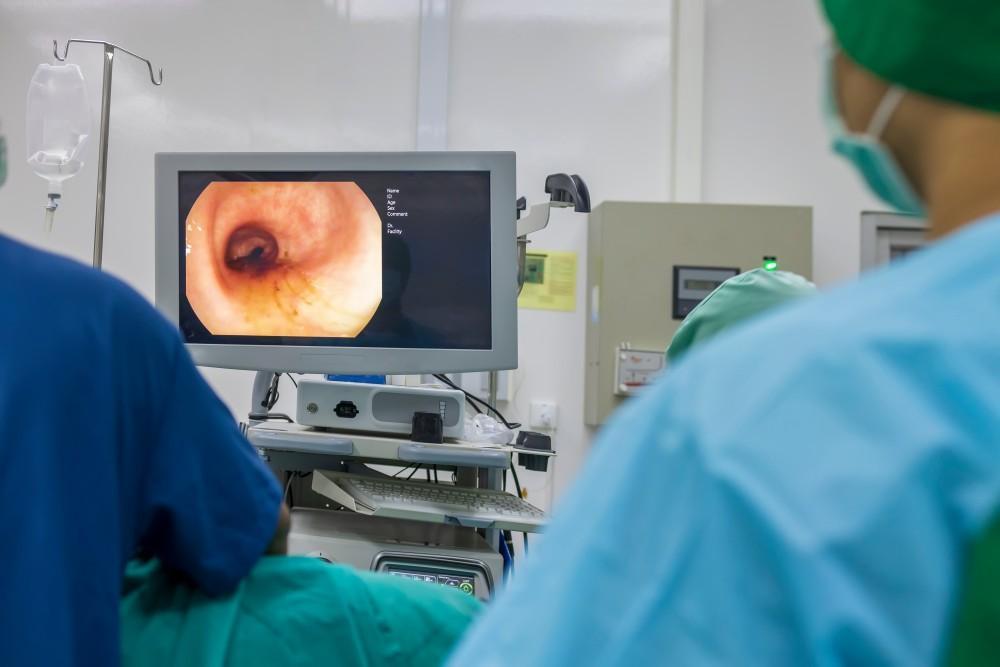
What to Expect During and After Your First Colonoscopy

So, your doctor has recommended that you have a colonoscopy. You probably have a lot of questions about what happens during and after the procedure. Don’t worry, you’re not alone! More than 19 million colonoscopies are performed each year in the United States, and you don’t have to be anxious or worried about it.
At Colon and Rectal Surgeons of Greater Hartford in Bloomfield, Connecticut, our team of experienced medical professionals performs colonoscopies year-round. We’re skilled, effective, and focused on not only finding answers but making you comfortable throughout the entire process. Here’s what you can expect from your first colonoscopy:
Preparing for your colonoscopy
If you’ve been experiencing pain, bloody stool, constipation, or diarrhea, a colonoscopy may lead to a diagnosis. This is also a standard screening for colorectal cancer in people over the age of 45.
To start with, you have to empty out your colon so your doctor has unobstructed visibility. We’ll give you detailed preparation instructions prior to your colonoscopy, including what foods to avoid, when your last meal will be, when to drink your laxative, and tips on how to make the drink more palatable.
You’ll need to arrange a ride home from our office after your procedure, as we’ll be administering some medication to make you feel relaxed and comfortable, and you won’t be able to drive yourself home.
During your colonoscopy
First, we give you your medication, so you can undergo the procedure in maximum comfort. The meds put you to sleep but you are breathing completely on your own.
Next, you lie comfortably, usually on your side, while a small tube called a colonoscope is inserted through the rectum. The tube is only about as big around as your finger, and it’s lubricated. It’s certainly smaller around than many pieces of feces you have probably passed during a bowel movement, and your rectum is very elastic, so it easily accommodates the tube.
Your doctor gently pumps air or CO2 plus sterile water or saline into the tube to expand your colon so the sides are smooth and flat. This lets us see all surfaces of your colon lining through a tiny camera mounted on the colonoscope, without anything hidden in wrinkles or folds of tissue.
If we see any suspicious tissue variances, we may take a biopsy, which is a tiny piece of the colon tissue, for analysis. If we see any polyps (small growths that may or may not be cancerous) we can remove those as well.
After your colonoscopy
Once your colonoscopy is complete, you may continue to feel bloated and have gas cramps. You might even feel yourself passing gas during the colonoscopy itself, and you shouldn’t feel upset or embarrassed about it. Passing gas during and after the procedure is not only normal, it’s encouraged, and you won’t shock or offend anyone.
You might also see a little bit of blood in your stool the first time you have a bowel movement after your colonoscopy. Don’t be alarmed. This is normal. If it continues, you have abdominal pain, or you start to run a fever, call our office for a follow-up.
Are you due for a colonoscopy? Contact us at one of our three locations today.
You Might Also Enjoy...


What Happens When an Abscess Is Left Untreated?

Bathroom Habits That Actually Damage Your Colon Health

Why You Might Need an Anal Pap Smear — Plus, How to Prepare

How a Colonoscopy Can Save Your Life


